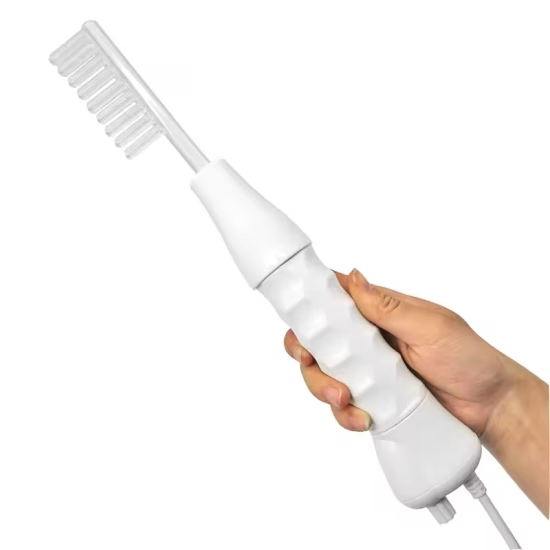Prescription vs. OTC Hearing Aids: What Sets Them Apart?
If you’re considering hearing aids, you may be wondering about the differences between prescription and over-the-counter (OTC) options. Each type serves a specific purpose and is designed for individuals with varying levels of hearing loss. Here’s a breakdown to help you decide which type of hearing aid might be best suited for your needs.
Understanding Prescription Hearing Aids
Prescription hearing aids are custom-fit devices recommended by hearing healthcare professionals. These aids are designed to treat varying degrees of hearing loss, including moderate to severe cases.
Key Features:
- Professional Assessment: A hearing specialist evaluates your hearing and prescribes the appropriate device.
- Custom Fit: The hearing aid is tailored to your ear’s shape and your specific hearing needs.
- Advanced Features: Prescription aids often include noise cancellation, directional microphones, and connectivity options.
- Regulated by the FDA: These medical devices are held to strict safety and performance standards.
Best For:
- Individuals with moderate to severe hearing loss.
- Those who need a personalized hearing solution.
Understanding OTC Hearing Aids
OTC hearing aids are available without a prescription and are intended for adults with mild to moderate hearing loss. These devices can be purchased online or at retail stores, making them an accessible and cost-effective option.
Key Features:
- No Prescription Needed: Users can purchase OTC aids without consulting a specialist.
- Self-Fitting: Many OTC models include apps or tools for user adjustments.
- Affordability: Typically less expensive than prescription hearing aids.
- Basic Features: OTC hearing aids may include volume control and basic sound amplification.
Best For:
- Adults with mild to moderate hearing loss.
- Those looking for a more affordable or convenient option.
Choosing the Right Hearing Aid
When deciding between prescription and OTC hearing aids, consider the following:
- Degree of Hearing Loss: Severe hearing loss requires a prescription aid, while OTC aids are suitable for mild to moderate loss.
- Budget: OTC hearing aids are more affordable but may lack advanced features.
- Convenience: If you prefer not to visit a professional, OTC hearing aids offer a quick solution.
- Long-Term Needs: For more complex hearing issues, prescription hearing aids provide personalized and lasting solutions.
Both prescription and OTC hearing aids have their place in addressing hearing loss. Prescription hearing aids are ideal for those with severe needs who want a customized solution, while OTC options provide convenience and affordability for individuals with mild to moderate hearing loss. By understanding your hearing requirements and lifestyle, you can choose the option that best enhances your quality of life.











